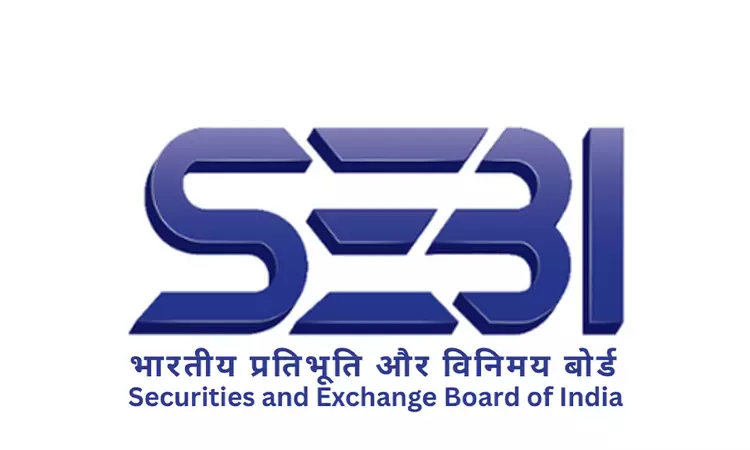SEBI Establishes Committee To Review Ownership And Economic Structure Of Clearing Corporations
Rajesh Kumar
8 Jun 2024 5:30 PM IST

Next Story
8 Jun 2024 5:30 PM IST
The Securities and Exchange Board of India (SEBI) has formed an ad-hoc expert committee chaired by Usha Thorat, a former Deputy Governor of the Reserve Bank of India (RBI). The committee is tasked with proposing measures to ensure that clearing corporations function as resilient, independent, and neutral risk managers. The Gandhi Committee's 2018 report emphasized the need for...
